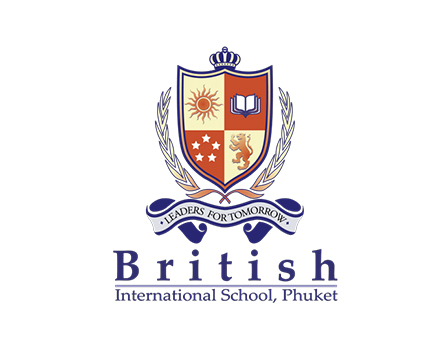When Prussia introduced its model of state education in 1811, it inadvertently gave substance and form to the concept of a modern western education.
Generations of parents have, inadvertently, bought into the model, because there has been very little political will to challenge it. It has, after all, underpinned the rise of the nation-state and the supremacy of the industrial powers over the last 200 years. But is it still fit for purpose?
What is ‘education’ if not schooling? This is a question many international schools are struggling to answer. Outside the remit of state governments, international schools have the freedom and flexibility, if not the imperative, to examine their philosophies and map them against advances in our growing understanding of how human beings actually learn. The result is a patchwork of approaches that are often still heavily swayed by market considerations.
So what are the elements of the Prussian model, and how does BISP, or indeed any international school, respond?
School leaving examination (1812: Abiturientenexamen)

Source: British International School Phuket
The imposition of a statewide examination (or world-wide, as in the present IB and Cambridge examinations) has created a curriculum straitjacket for schools and a simplistic measure for educational success.
With a clear end in view, it’s possible to work backwards in structuring an entire curriculum focused on this final goal. Clearly, however, education is far more multi-dimensional than just passing an exam, which is why the British International School, Phuket (BISP), along with all good schools, ensures the curriculum offering extends way beyond the narrow focus of exam success.
BISP believes success in examinations is a consequence of a good education, not its purpose, and with 100 percent of 2018 final year students obtaining an IB Diploma and with an average score of 33 points, the school is confident that this approach works.
National system of compulsory education
Compulsory education must surely be one of the salient features of the modern education approach.

Source: British International School Phuket
On the other hand, international education is based on choice, and therefore subject to the whole range of marketing strategies. It’s understandable that many parents view examination statistics as evidence of a good education, conveniently ignoring the fact that schools also have a choice about the quality of student admitted. It’s not difficult to engineer very high average results if a school is highly-selective, and if, for most students, home-life is driven by a relatively narrow view of education.
BISP is non-selective on the basis of academic ability and provides a wide-range of curriculum opportunities and extra-curricular activities, stretching way beyond the glass ceiling of exams.
Differentiated schooling (90 percent of Prussian children going to Volkschule)
The Prussians were not driven by egalitarian motives as much as by the needs of the state, along with the imperative to maintain the political and social status quo. However, using strategies to differentiate between the needs of students with a wide range of abilities is very much a feature of current international education.
In non-selective schools where students may be unable to speak English on entry, or where cultural experiences of education are wide-ranging, there is an added emphasis and heightened sensitivity towards the wellbeing of each child.

Source: British International School Phuket
Understanding the nature of difference, as well as each student’s experience of the ‘other’, is an important dimension of an international education, and provides the social-emotional scaffolding for adult life in a global world.
BISP has developed an integrated wellbeing programme that complements and informs the academic lives of students, no matter which end of the educational continuum they may be found. Far from limiting opportunity for academic high-flyers, a non-selective school provides authentic social-emotional experiences that create a happy learning environment and a rounded, life-enhancing education for all.
Teacher training
There will be a global shortage of international school teachers in the years ahead because of the seemingly inexorable proliferation of international schools.
As a result, competition for staff will become intense, and the stability and retention of fully-qualified and appropriately experienced teaching staff will become an important parental consideration.
While contractual packages must become increasingly competitive, it’s also true that teachers tend to stay longer in schools that are happy. The average tenure at BISP is currently just over seven years, and 60 percent of teachers are themselves parents. Of course, all are fully-qualified for the subjects and age-ranges they teach and the average, years of teaching experience is just a little higher than 17 years.

Source: British International School Phuket
Centrally-controlled curriculum.
Given the emphasis on the school leaving exam and the requirements for university admission, it’s understandable that parents view the ‘curriculum’ as a stepped progression to this end.
However, at BISP, structured syllabi represent just one aspect of the curriculum, and the school’s working definition is one where everything that impacts a student, or indeed a staff member, is an integral part of the BISP curriculum. This includes all staff members, building infrastructure, the environment of the 44-acre campus, meals, the breadth and quality of opportunities that go beyond a narrow exam focus, and the relationships that form the basis for learning.
This is certainly not centrally-controlled; it’s organic, messy and brain-friendly.
At the heart of the Prussian model was the belief that schools could, and should be used to create compliant citizens – one that would be obedient and comfortable with submitting their will to a higher authority; familiar with hierarchical chains of authority; instructed in the virtues of the state.
The best international schools could not be more different.
Follow BISP on Facebook, Twitter and Instagram
Liked this? Then you’ll love..
See your child excel at the British International School Phuket
4 explorative international schools that value student innovation











